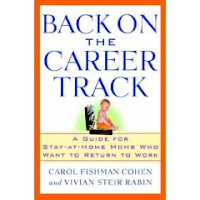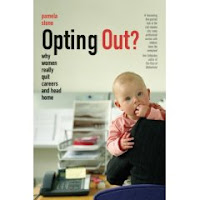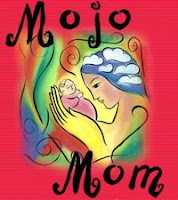 There’s an interesting trio of articles in the current issue of the New York Press: “By the Numbers” by David Crone, “Working Girls” by Marin Resnick, and “Who Needs Work?” by Gaije Kushner. I find the headline on the cover (“City’s White Collar Women Shatter the Glass Ceiling) to be at odds with the emphases of the articles (glass ceiling not so shattered). I’m all for celebrating progress, but the cover message sends an inaccurate message, one that is debunked in the issue’s very pages. What gives?
There’s an interesting trio of articles in the current issue of the New York Press: “By the Numbers” by David Crone, “Working Girls” by Marin Resnick, and “Who Needs Work?” by Gaije Kushner. I find the headline on the cover (“City’s White Collar Women Shatter the Glass Ceiling) to be at odds with the emphases of the articles (glass ceiling not so shattered). I’m all for celebrating progress, but the cover message sends an inaccurate message, one that is debunked in the issue’s very pages. What gives?
On another note, I love what they’ve done with the Rosie the Riveter image, updating her to represent the more ethnic face of New York. But wait – isn’t she wearing a blue collar, though the headline is all about white? Now I’m double confused.
(Thank you to Marco, always on the hunt for visuals, for pointing me to this cover.)







